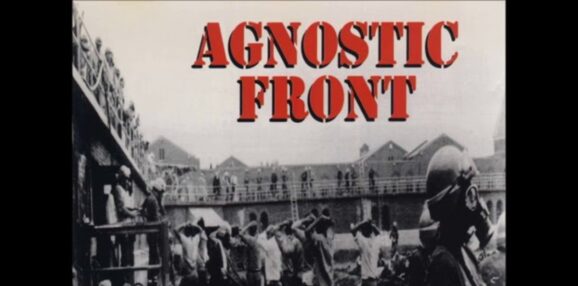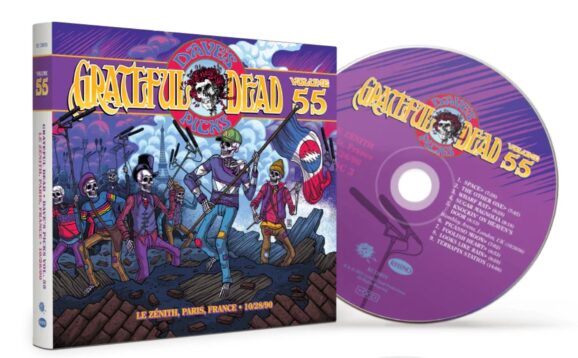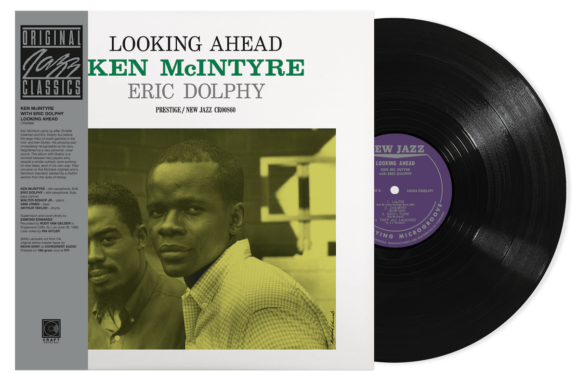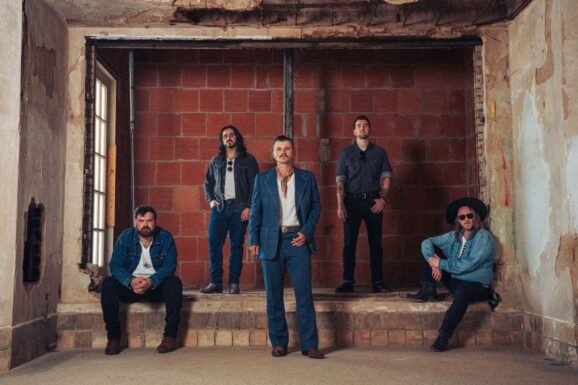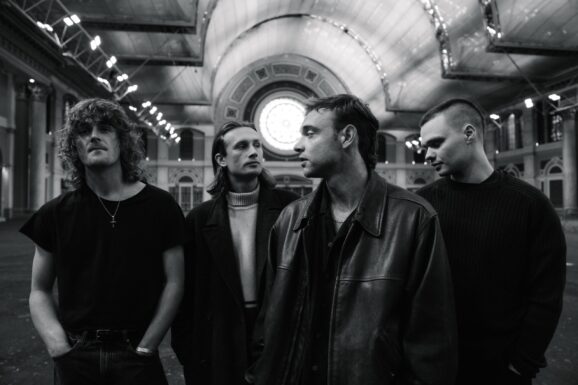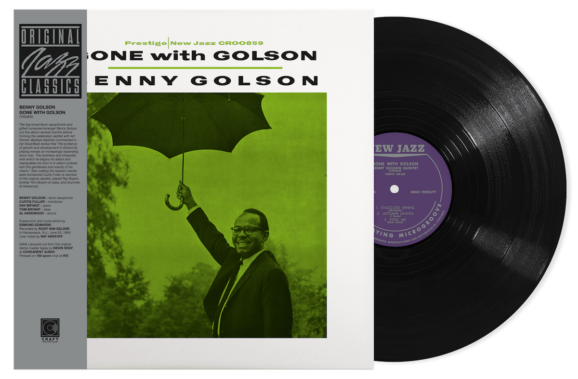The entire audio discography of Rory Gallagher has been re-released during the course of 2011 under the aegis of the late guitarist’s family, rightfully acknowledging the work of iconoclastic musician whose work is growing in importance with each passing year.
And the growing influence is beginning to extend beyond the blues-rock milieu in which he worked. The standard of excellence and integrity to which the Irish guitarist and songwriter aspired transcends genre distinctions just as the depth of passion he elicited from his fanbase, then and now, is a direct reflection of his own commitment to his music. With the compact disc heading inexorably toward obsolescence, it only makes commercial and business sense to create ostensibly definitive packages, even if, individually, each one differs only slightly in terms of cover graphics and liner content from the round of releases via a different label back in 1999.
 Tattoo: At a time when Rory Gallagher might’ve been sorely tempted to modify his approach to accommodate the changing times in popular music circa 1973, he instead staunchly adhered to his basic influences of blues, folk and primitive rock and roll. “Cradle Rock” and “A Million Miles Away” quickly became staples of his live repertoire, but it’s a track like “Who’s That Coming,” mixing acoustic and electric textures, that cements an impression of this man as a visionary of no small stature (and, headphones or not, suggests why it may not have been necessary to remaster his catalog a second time: Tony Arnold’s engineering preserves a balance of clarity and grit)
Tattoo: At a time when Rory Gallagher might’ve been sorely tempted to modify his approach to accommodate the changing times in popular music circa 1973, he instead staunchly adhered to his basic influences of blues, folk and primitive rock and roll. “Cradle Rock” and “A Million Miles Away” quickly became staples of his live repertoire, but it’s a track like “Who’s That Coming,” mixing acoustic and electric textures, that cements an impression of this man as a visionary of no small stature (and, headphones or not, suggests why it may not have been necessary to remaster his catalog a second time: Tony Arnold’s engineering preserves a balance of clarity and grit)
 Defender: Regular sessions in the recording studio stretched the capabilities of Rory Gallagher and his band at every stage of his career and because his studio albums were never reduced to a formula, his music remained fresh and precluded any danger of complacency on the part of the players. Gallagher’s balance of blues and rock remained precarious but steady here as a heavier sound, first unveiled on 1979’s Top Priority, effectively put Rory on a pedestal similar to his own heroes (such as Sonny Boy Williamson, the author of “Don’t Start Me to Talkin”) and on a plane loftier than contemporaries who never really forged a style so personal as heard on “Loanshark Blues.”
Defender: Regular sessions in the recording studio stretched the capabilities of Rory Gallagher and his band at every stage of his career and because his studio albums were never reduced to a formula, his music remained fresh and precluded any danger of complacency on the part of the players. Gallagher’s balance of blues and rock remained precarious but steady here as a heavier sound, first unveiled on 1979’s Top Priority, effectively put Rory on a pedestal similar to his own heroes (such as Sonny Boy Williamson, the author of “Don’t Start Me to Talkin”) and on a plane loftier than contemporaries who never really forged a style so personal as heard on “Loanshark Blues.”
 Fresh Evidence: As the 90’s began, Rory Gallagher was beginning to age gracefully, at least to some degree: the title suggests he remained proud to be a symbol of devotion to roots music at a time it wasn’t fashionable. And whether this album was intended as such, it functions as a summary of Gallagher’s lifelong musical influences, albeit in an indirect manner: the prominent use of harmonica, piano, horns and accordion, among other instruments outside the basic trio format, provide the means of homage to varying forms of blues, Zydeco, country and rock. Two bonus tracks, “Never Asked You for Nothin’” and “Bowed Not Broken,” more fully illuminate that approach as well as, in hindsight, proving prophetic about the musician’s future.
Fresh Evidence: As the 90’s began, Rory Gallagher was beginning to age gracefully, at least to some degree: the title suggests he remained proud to be a symbol of devotion to roots music at a time it wasn’t fashionable. And whether this album was intended as such, it functions as a summary of Gallagher’s lifelong musical influences, albeit in an indirect manner: the prominent use of harmonica, piano, horns and accordion, among other instruments outside the basic trio format, provide the means of homage to varying forms of blues, Zydeco, country and rock. Two bonus tracks, “Never Asked You for Nothin’” and “Bowed Not Broken,” more fully illuminate that approach as well as, in hindsight, proving prophetic about the musician’s future. BBC Sessions: A singular highlight of the overall Rory Gallagher discography, the first posthumous release following his untimely death in 1995 includes performances dating back to 1972 and functions as well or better than various other anthologies available. This double-cd set, recorded at various points throughout the Irishman’s career stands, as a document of his evolution as a songwriter on a disc devoted to studio work as well as a performer on the live half of the set. And as the sources of the recordings reside in the vaults of the prestigious television and radio behemoth, the sound quality is topnotch throughout. That said, with the remixing and mastering credit to Tony Arnold identical to that of the 1999 release on Buddah Records (and only scant differences in liner design), this version begs the question of how much this is an upgrade over its predecessor.
BBC Sessions: A singular highlight of the overall Rory Gallagher discography, the first posthumous release following his untimely death in 1995 includes performances dating back to 1972 and functions as well or better than various other anthologies available. This double-cd set, recorded at various points throughout the Irishman’s career stands, as a document of his evolution as a songwriter on a disc devoted to studio work as well as a performer on the live half of the set. And as the sources of the recordings reside in the vaults of the prestigious television and radio behemoth, the sound quality is topnotch throughout. That said, with the remixing and mastering credit to Tony Arnold identical to that of the 1999 release on Buddah Records (and only scant differences in liner design), this version begs the question of how much this is an upgrade over its predecessor.
 Wheels Within Wheels: Rory Gallagher’s discography is rife with interludes of acoustic music surrounded by the more familiar fire of his electric blues-rock attack. Thus, it’s only natural that one of the earliest of his posthumous releases would be a collection of tracks focusing on the folk elements of his roots. And it’s almost purely revelatory, at least insofar as only two of the tracks, “Goin’ to My Hometown” and “Barley and Grape Rag,” were previously recorded by Rory; the remainder consists of some stellar traditional choices, the most select a trilogy with banjoist extraordinaire Bela Fleck including “Amazing Grace,” “Walkin’ Blues” and “Blue Moon of Kentucky.”
Wheels Within Wheels: Rory Gallagher’s discography is rife with interludes of acoustic music surrounded by the more familiar fire of his electric blues-rock attack. Thus, it’s only natural that one of the earliest of his posthumous releases would be a collection of tracks focusing on the folk elements of his roots. And it’s almost purely revelatory, at least insofar as only two of the tracks, “Goin’ to My Hometown” and “Barley and Grape Rag,” were previously recorded by Rory; the remainder consists of some stellar traditional choices, the most select a trilogy with banjoist extraordinaire Bela Fleck including “Amazing Grace,” “Walkin’ Blues” and “Blue Moon of Kentucky.”



